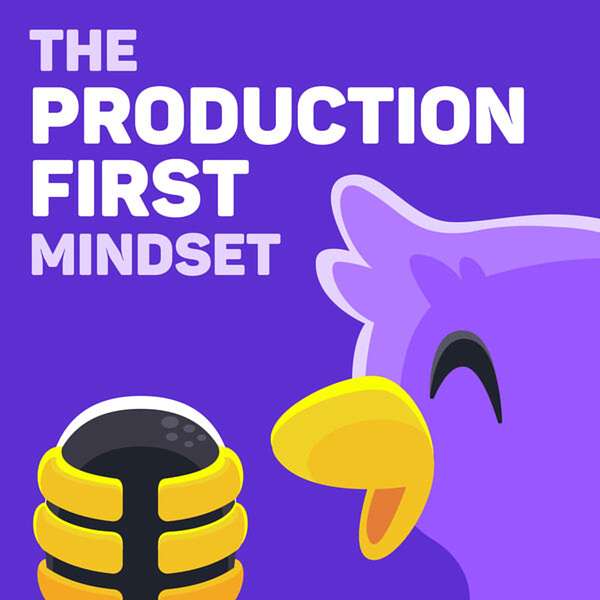
The Production-First Mindset
Learn how the top brands wow customers through production-first engineering. On this podcast you will find the tactics, methodologies, and metrics used to drive customer value by the engineering leaders actually doing it. Join Rookout CTO, Liran Haimovitch as he explores how customer-centric brands approach engineering to create a competitive advantage; with interviews covering topics such as automation, issue resolution, team structure, DevOps, and more.
The Production-First Mindset
Sentra's Ron Reiter - The Importance of Usefulness
•
Liran Haimovitch
•
Episode 39
Rookout CTO Liran Haimovitch sits down with Ron Reiter, Co-Founder & CTO at Sentra. They discuss his experience selling his previous company, why he tries to do as little DevOps as he can, what it was like running a production service within such a huge company, how to avoid growing pains at scale, what made him invest in Rookout, and the importance of usefulness.
Rookout is a developer-first observability platform that provides an unparalleled ability to collect
Disclaimer: This post contains affiliate links. If you make a purchase, I may receive a commission at no extra cost to you.
.jpg)